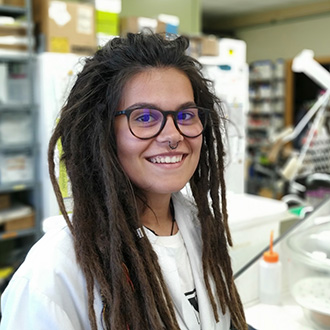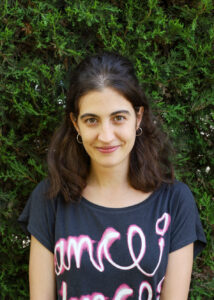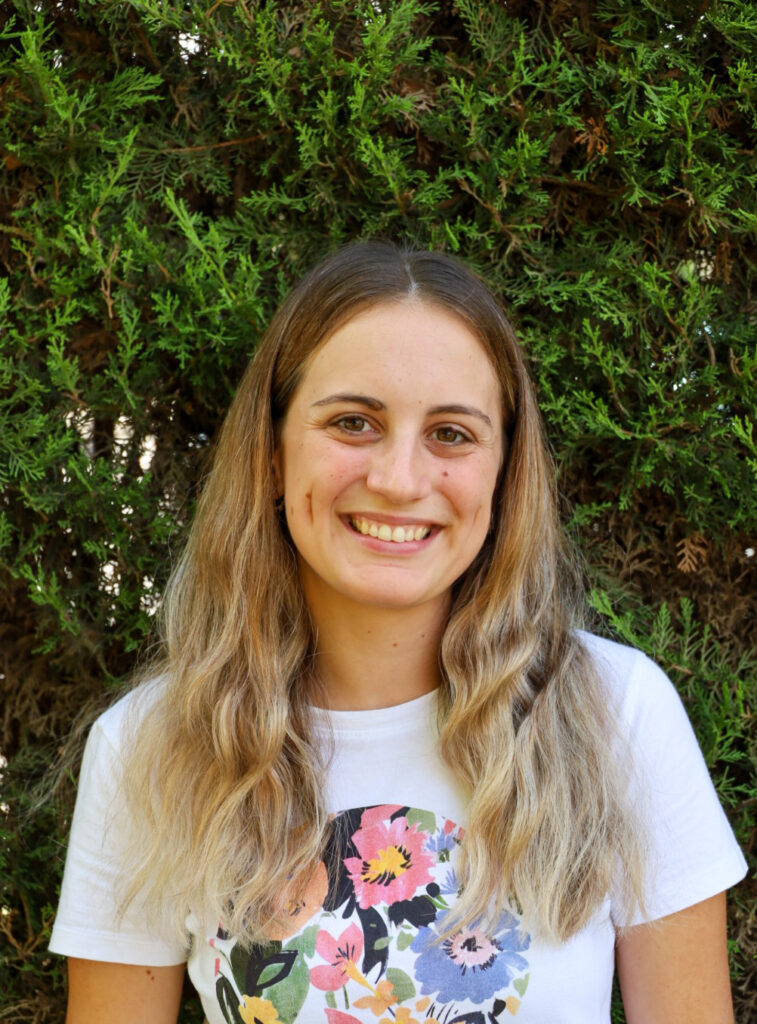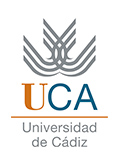Valle Pérez Rodríguez

PhD student
Máster Interuniversitario de Oceanografía, 2018, Universidad de Cádiz
Grado en Biología, 2017, Universidad de Salamanca
Since my degree in Biology (2013-2017) my interests were focused on research, despite doing a bibliography revision for my honour’s degree project bibliographic work on the anti-predatory behavior of scaly reptiles. My first experimental work related to the field of biogeochemistry and ecology began in my postgraduate stage (Master in Oceanography (2017-2018), thanks to all the support of the laboratory of which I am part, the Laboratory of Microbial Ecology and Biogeochemistry of the University of Cadiz. Right now, we are carrying out a project that focuses on the study of the interactions between extreme weather factors with the benthic community and its metabolism in shallow water areas such as the Bay of Cadiz, a topic of great interest. Research work is an enormous challenge, but the satisfaction generated by making a discovery through one’s work done by your own hands is indescribable.
Lines of research:
- Impacts of ECE on the sediment-water column interface
- Microphytobenthic Productivity of the Guadalquivir intertidal sediments
- Biogeochemical model of the Bay of Cadiz
Sandra Rizzo Calderón

PhD student
M.Sc. in Oceanography, 2019, University of Las Palmas de Gran Canaria
B.Sc. degree in Marine Science, 2018, University of Alicante
In 2018, I obtained my B.Sc. degree in Marine Science from the University of Alicante. My interest in aquatic ecology began with my bachelor degree project on the spatial and temporal variability of the Cystoseira sauvageauana C.Agardh in Cabo de la Huerta (Alicante).
In 2019, I obtained a M.Sc. in Oceanography from the University of Las Palmas de Gran Canaria, where I received a scholarship funded by ORIS. During my MSc I had the opportunity to work within the research line “VULCANO-I and VULCANA-II” on the study of the physical-chemical anomalies and heat fluxes quantification over Tagoro submarine volcano, el Hierro Island in the Spanish Institute of Oceanography (IEO-Tenerife).
I have recently joined the MEB Laboratory group, where I am working on my PhD thesis within the project EXTREME-FUN. In this project, we will use a multidisciplinary approach combining fieldwork, experiments in the laboratory with microsensors and aerial data to understand the effects of extreme climatic events on the biogeochemical functioning of shallow coastal areas.
Lines of research:
- Impacts of ECE on the sediment-water column interface
Márika Mecca

PhD student
M. Sc. in Marine Biology, 2021, Alma Mater Studiorum University of Bologna
B. Sc in Biology, 2017, University Federico II of Naples
I have a bachelor’s degree in Biology at University Federico II of Naples (2012-2017). My final year project was about effect of delorazepam on the gills of Mytilus galloprovincialis. I then received a master’s degree in Marine Biology at Alma Mater Studiorum University of Bologna, campus Ravenna (2018-2021) after studying the monitoring of non-indigenous species in aquaculture mollusc Mytilus galloprovincialis Lamark 1819 of the Emilia-Romagna region.
After my master’s degree I did a traineeship at CEAB-CSIS in Blanes (April-July 2021) where I worked on taxonomy, in particular the description of polychaetes. I then worked for four months at University Ca’ Foscari of Venice (February-June 2022) in the ecology laboratory, specifically on a project whose aim was to assess the ecological status of transitional environments.
I recently started my PhD working on the impacts of heatwaves and effects on microbial communities and greenhouse gas emissions. This is the first time I have been involved in this topic, but I am very grateful to be able to work with this group of researchers. I know it is a great opportunity and I hope to be able to contribute my best.
My research interests are in the functioning of ecosystems, community structure and the organisms (micro- and macrobenthos) within them and how they adapt or react to changing environmental conditions.
Lines of research:
- Impacts of ECE on the sediment-water column interface
- functioning of ecosystems
- community structure
Irene Ramírez

PhD student
MSc in Biotechnology, 2018, Universidad de Cádiz
BSc in Biology, 2017, Universidad de Sevilla
My first steps in science begun in 2013 when I decided to study Biology by vocation and admiration to science. In 2018, I obtained a M.Sc. in Biotechnoly at University of Cadiz, where I began to initiate in science research due to final Project “synthesis, surface functionalization and cytotoxicity evaluation of magnetoradiopaque nanoparticles with potential applications in medicine”.
I have recently obtained a UCA predoctoral grant within the Project MAMBO (Microbial Metabolism in the oxic-anoxic boundary) under the supervision of Dr. Emilio Garcia Robledo. In this project, I will use a combination of laboratory experiments and field measurements during oceanographic cruises to study the kinetics of aerobic respiration and gene expression of model microbes and of microbial community from oceanic regions affected or not by low oxygen conditions. The main objective is to understand the impacts of the ocean deoxygenation in coastal zones impacted by hypoxic/anoxic events and in the vast Oxygen Minimum Zones.
Lines of research:
- Impacts of ECE on the sediment-water column interface
- Microphytobenthic Productivity of the Guadalquivir intertidal sediments
- Biogeochemical model of the Bay of Cadiz



